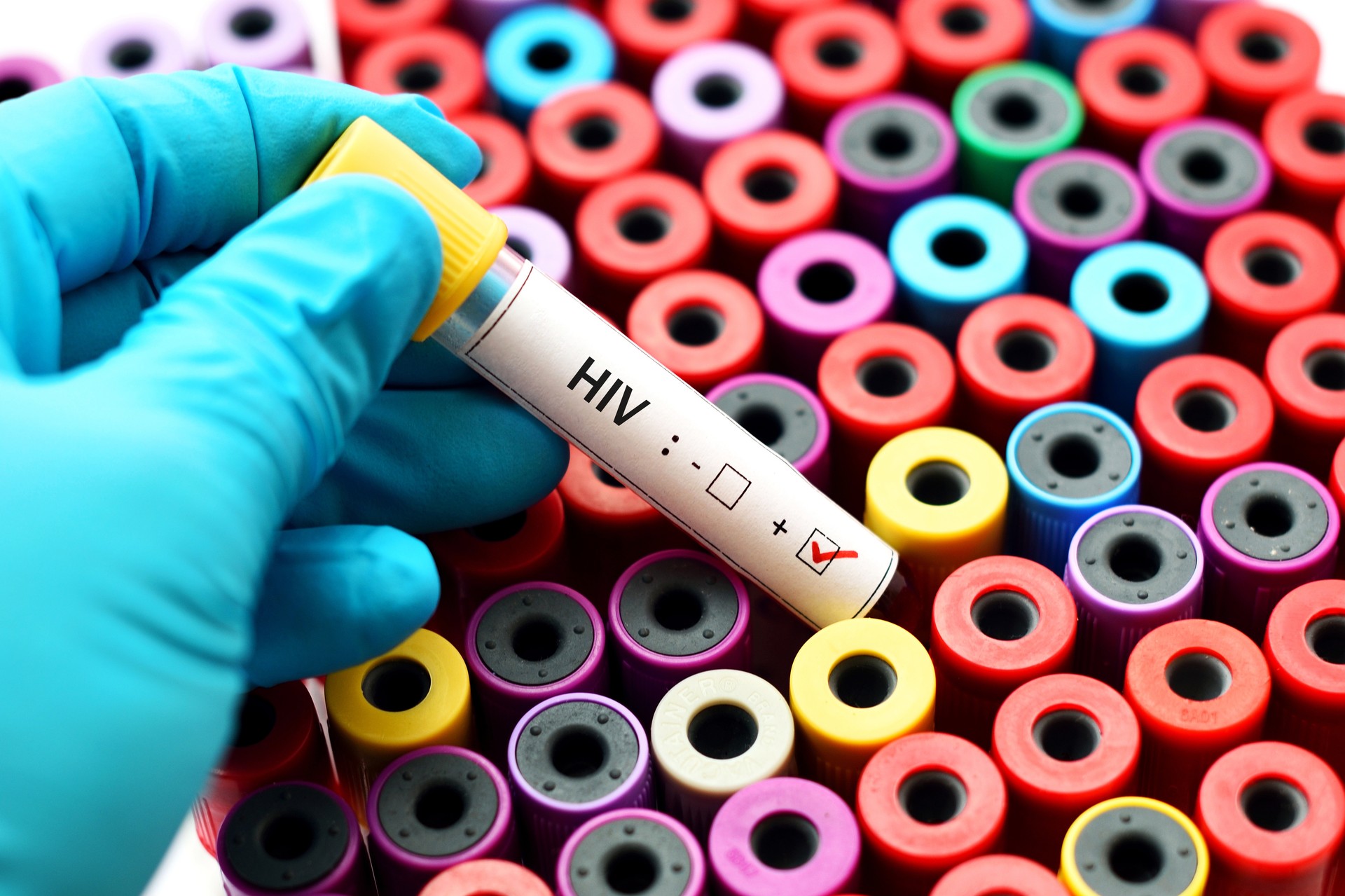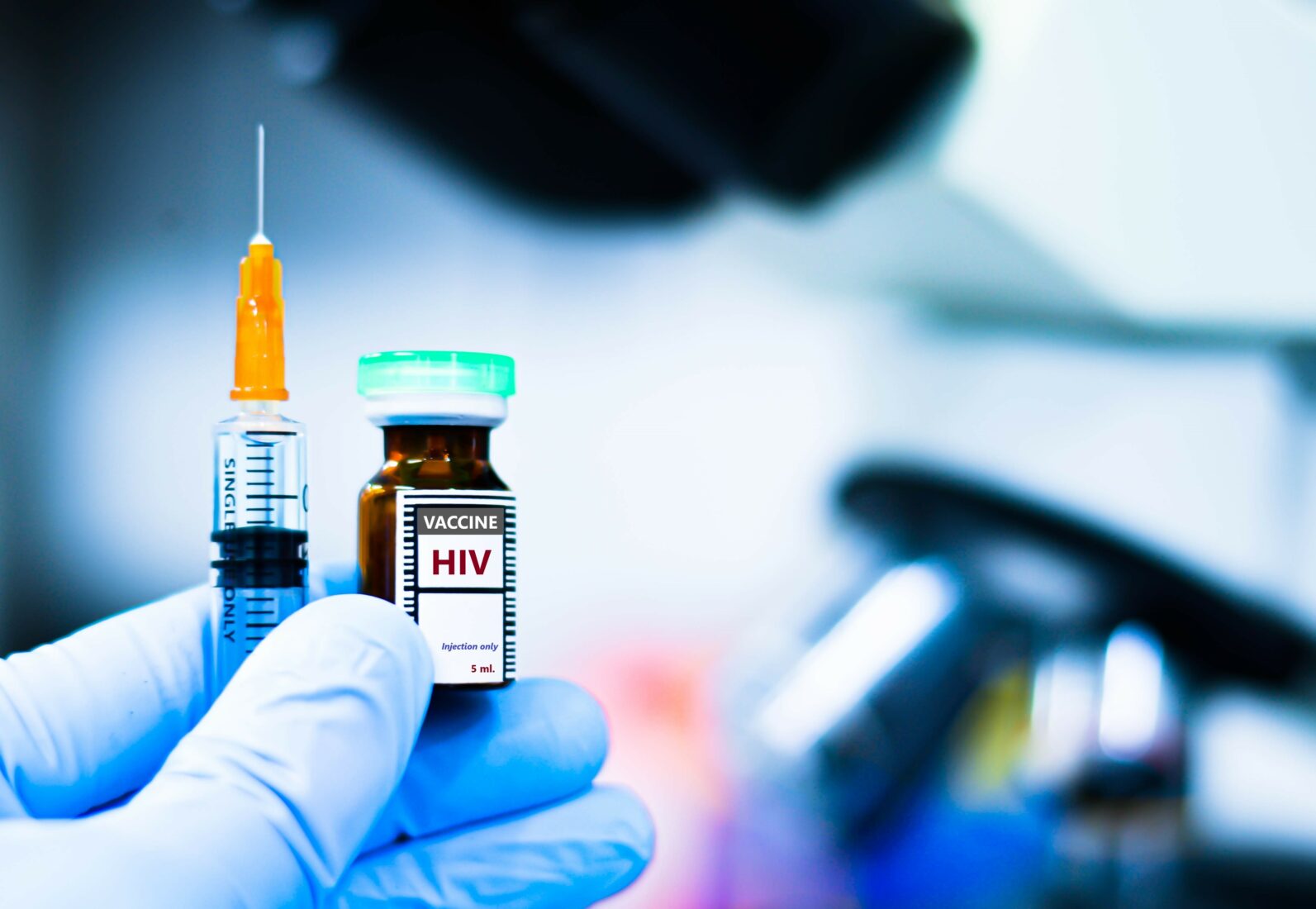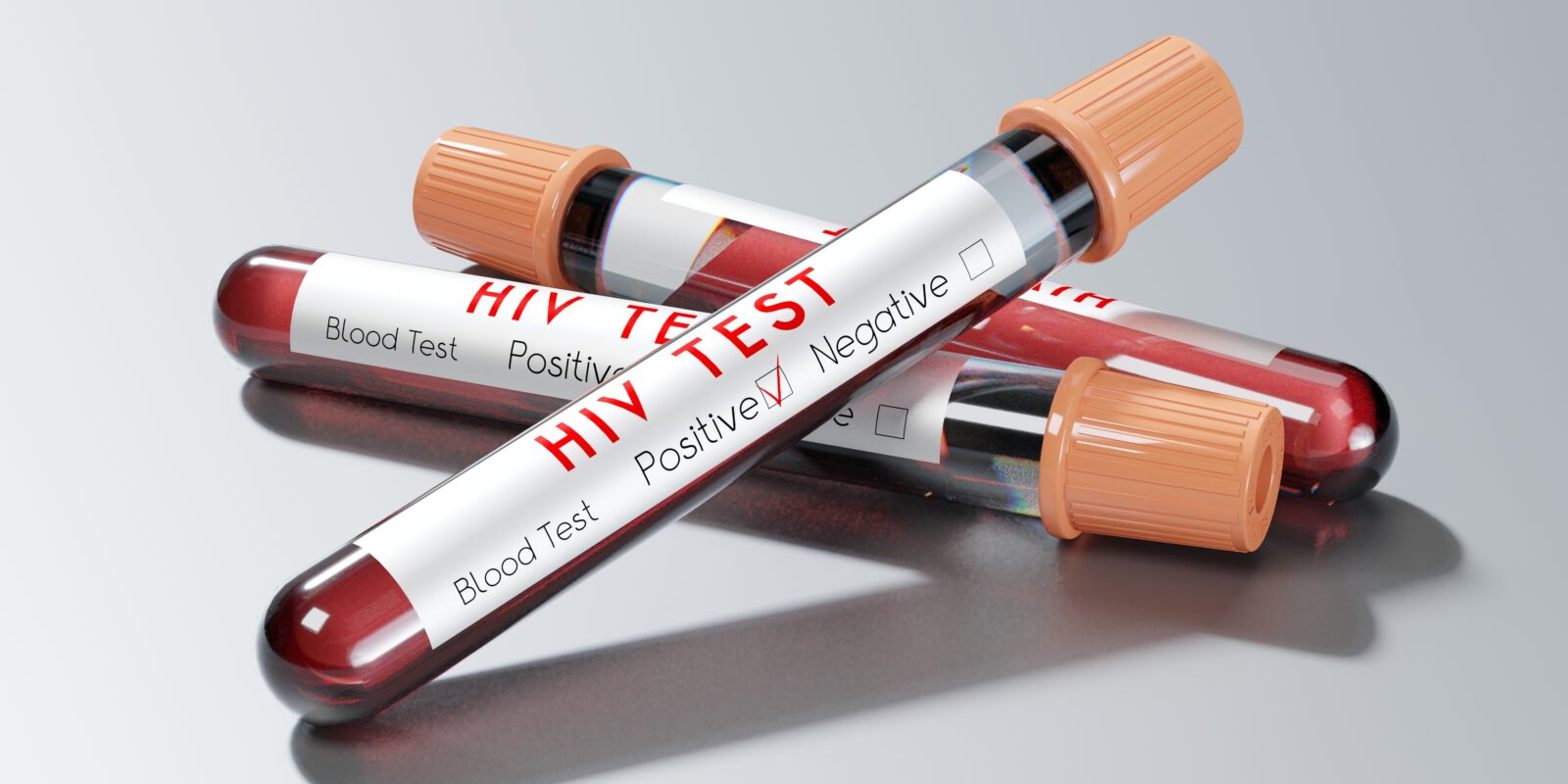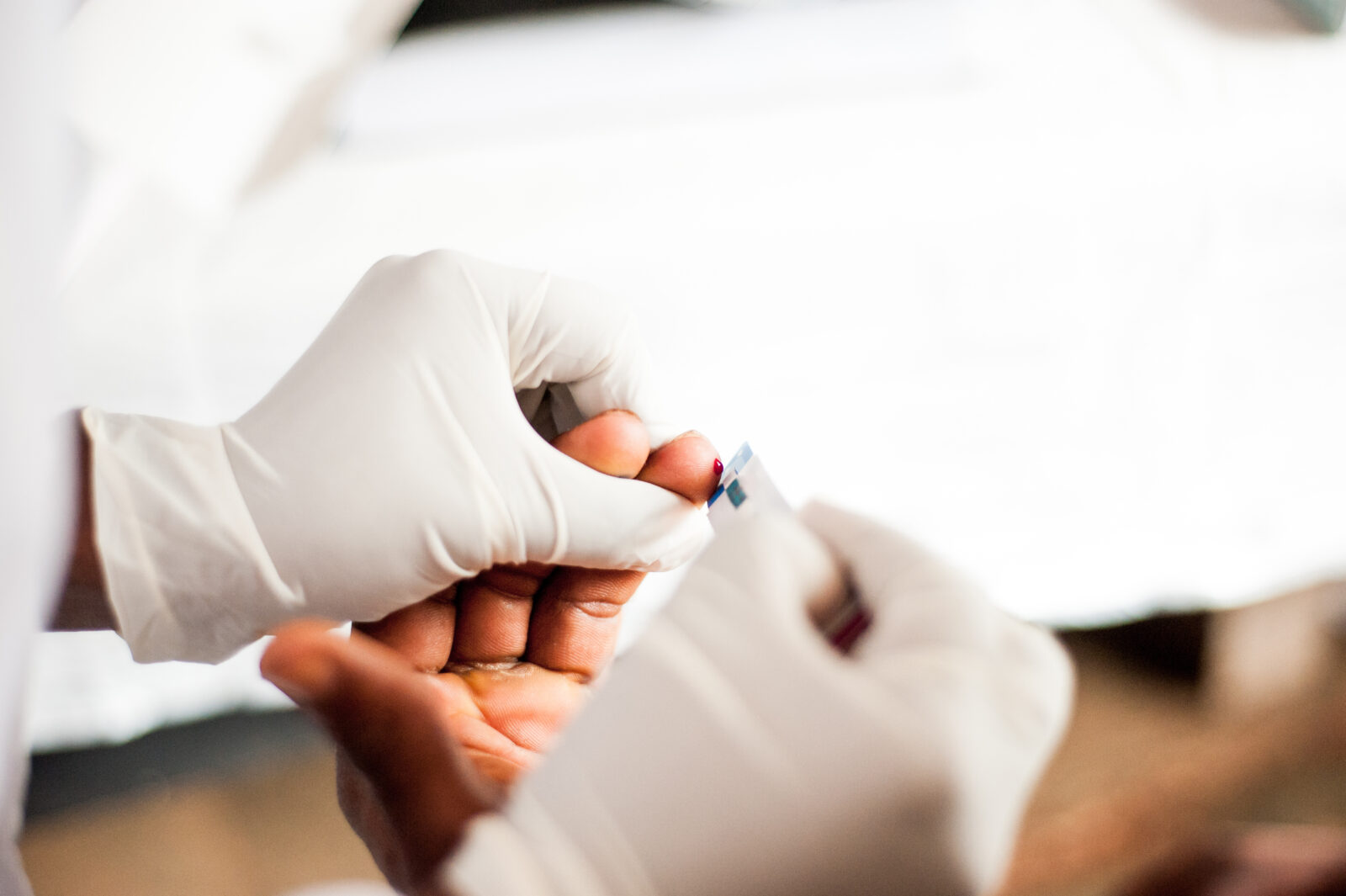
In Izmir, a 13-year-old boy recently died of AIDS after a delayed diagnosis, revealing alarming trends in Türkiye's HIV cases in children.
Family members had no prior knowledge of his HIV-positive condition.

The boy's case aligns with a growing pattern of child HIV cases in Türkiye, particularly concerning for healthcare professionals.
Professor Ayper Somer, head of pediatric infectious diseases at Istanbul University's Faculty of Medicine, expressed alarm over the increase in child HIV cases, especially those transmitted through abuse.
“Years ago, such cases were rare, but we have seen an increase over the past five to six years,” Somer said to NTV.
“Five of our young patients have already lost their lives due to AIDS,” Somer said, stressing the tragic impact of HIV on minors in Türkiye.

Across Türkiye, around 250 children live with HIV, with health experts calling for stronger preventive measures. Somer advised parents to "monitor their children's personal lives and inform them about safe relationships," pointing to the role of family awareness in curbing the spread of child HIV.
Advancements in medical treatments have enabled doctors to block HIV transmission from HIV-positive mothers to their infants, preventing cases in hundreds of children under close supervision at Istanbul University's Faculty of Medicine.
Today, the hospital monitors around 200 children born to HIV-positive mothers who have remained free from the virus.
Despite these advances, cases involving abuse point to serious societal issues, prompting doctors and advocates to urge parents and educators to ensure children understand how to protect themselves and address any suspicious situations promptly.

HIV specialists believe the official figures of HIV-positive cases in Türkiye may not fully capture the situation.
The Turkish Society of Clinical Microbiology and Infectious Diseases reported earlier this year an estimation that the actual number of people living with HIV could be double the officially reported 40,000 because of limited testing options and inadequate anonymous centers.
Professor Emin Halis Akalin emphasized Türkiye lacks sufficient preventive education on HIV and access to testing. He urged educators and policymakers to improve HIV awareness in schools, pointing out that gaps in sexual health education have left many young people vulnerable.
"We need to reach young people with preventive information before they engage in risky behaviors," he explained.
Akalin and other experts are pushing for a nationwide effort to increase education, broaden testing availability, and dismantle stigmas.